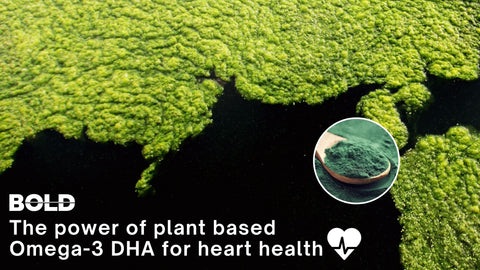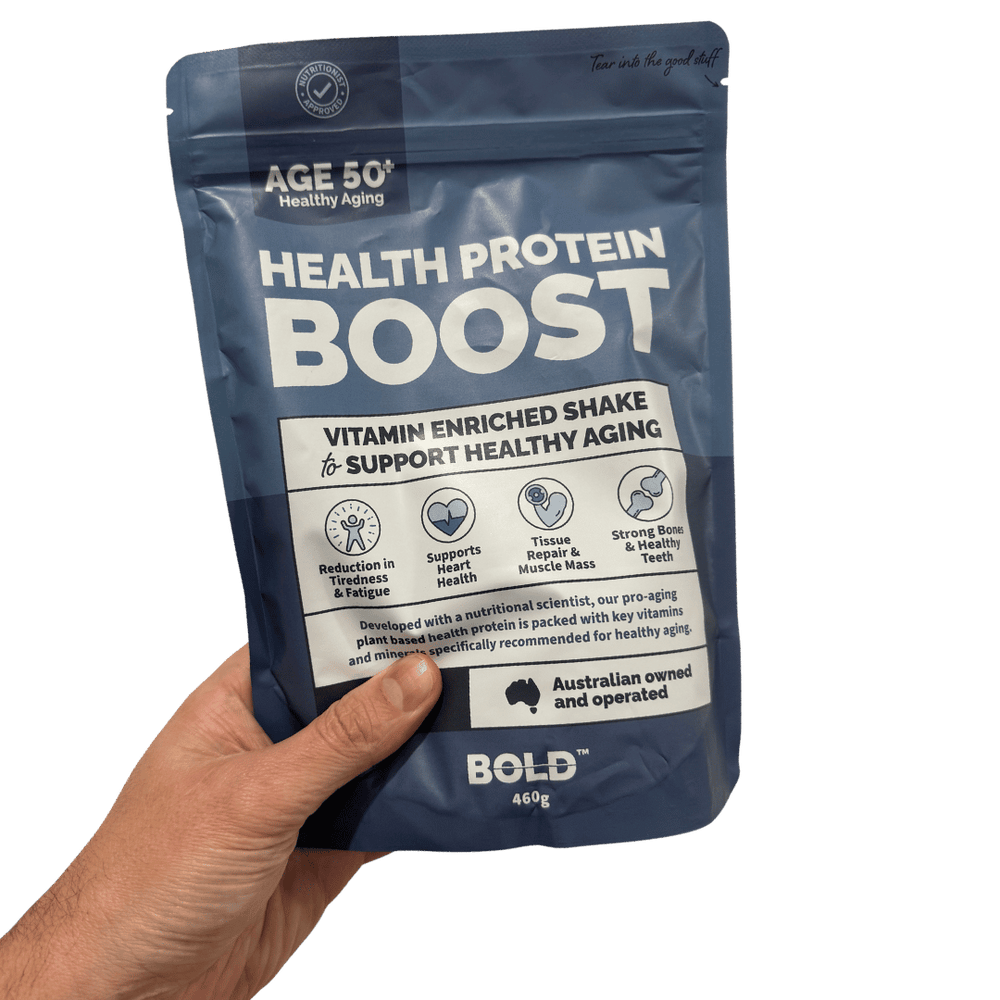Plant based Omega-3 and heart health

I thought Omega-3 came from fish? Can it be plant based?
Vegan omega-3 comes from plant-based sources such as chia seeds, flaxseeds, hemp seeds, algae, and seaweed. These sources can be the source of omega-3 for fish and contain the same type of omega-3 fatty acid called alpha-linolenic acid (ALA), which can be converted by the body into the more biologically active forms of omega-3s, eicosapentaenoic acid (EPA) and docosahexaenoic acid (DHA)
How do you extract the Omega-3 from algae?
There are different methods used to extract omega-3 from algae, but the most common process involves using a solvent to separate the omega-3 fatty acids from the algal biomass. The following steps provide a general overview of the process:
-
Harvesting the algae: The algae are grown in large tanks or ponds and harvested when they reach a certain level of maturity.
-
Drying and milling: The algae are dried and then ground into a fine powder.
-
Extraction: The omega-3 fatty acids are extracted from the algal powder using a solvent such as hexane, ethanol, or supercritical CO2. The solvent is used to dissolve the omega-3s, which are then separated from the other components of the algal biomass.
-
Purification: The extracted omega-3s are purified to remove any impurities or residual solvents.
-
Concentration: The purified omega-3s may be concentrated to increase the potency of the final product.
-
Formulation: The omega-3s may be added to other ingredients to create a finished product such as a dietary supplement or functional food.
It's worth noting that the specific extraction process used may vary depending on the type of algae and the desired final product. However, the overall goal is to extract the omega-3s from the algal biomass in a safe and efficient manner.
What are the benefits of Omega-3
Omega-3 fatty acids are a type of essential fatty acid that are important for overall health and well-being. Some of the benefits of omega-3 include:
-
Heart Health: Omega-3 has been shown to reduce the risk of heart disease by lowering blood pressure, reducing triglycerides, and improving cholesterol levels.
-
Brain Function: Omega-3 can help improve cognitive function, memory, and mood, and may help reduce the risk of Alzheimer's disease and other neurological disorders.
-
Eye Health: Omega-3 may reduce the risk of age-related macular degeneration and improve eye health in general.
-
Joint Health: Omega-3 has anti-inflammatory properties and can help reduce joint pain and stiffness, making it a useful supplement for people with arthritis.
-
Skin Health: Omega-3 can help improve skin health by reducing inflammation and improving skin elasticity.
-
Pregnancy and Infant Health: Omega-3 is important for fetal brain and eye development during pregnancy, and can also improve infant cognitive development and reduce the risk of allergies.
-
Overall Health: Omega-3 has been linked to a reduced risk of several chronic diseases, including cancer and diabetes, and may also help improve overall immune system function.
Algae and the power of plants (more fun algae facts)
Algae are a diverse group of photosynthetic organisms that are found in aquatic environments, such as oceans, lakes, and rivers. They can range in size from single-celled microalgae to large seaweeds that can reach several meters in length.
Algae can be classified into different groups based on their characteristics and evolutionary relationships. Some of the major groups of algae include green algae, red algae, brown algae, and diatoms.
Algae are important primary producers in aquatic ecosystems, meaning that they use energy from sunlight to convert carbon dioxide and nutrients into organic matter through the process of photosynthesis. This makes them a vital part of the food chain in aquatic environments, providing energy and nutrients to other organisms such as fish, shellfish, and zooplankton.
In addition to their ecological importance, algae have many commercial and industrial applications. For example, some species of algae are used in the production of food and food supplements, such as vegan omega-3 supplements derived from algal sources. Algae are also being investigated for their potential as a source of biofuels and as a means of removing pollutants from wastewater.
Bold is vegan friendly and uses algal Omega-3 DHA extract which promotes heart health


